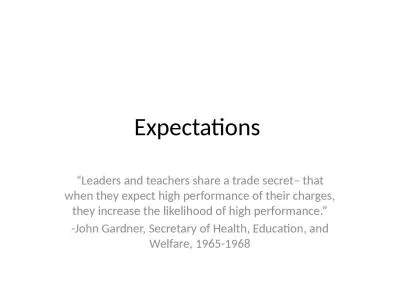PPT-Social Studies 6-12: Examining Expectations and Implementation
Author : inventco | Published Date : 2020-08-05
Professional Development Series July 25 2016 Hey Sisyphus when you get a minute Id like to discuss the new social studies standards with you Understand the genesis
Presentation Embed Code
Download Presentation
Download Presentation The PPT/PDF document "Social Studies 6-12: Examining Expectati..." is the property of its rightful owner. Permission is granted to download and print the materials on this website for personal, non-commercial use only, and to display it on your personal computer provided you do not modify the materials and that you retain all copyright notices contained in the materials. By downloading content from our website, you accept the terms of this agreement.
Social Studies 6-12: Examining Expectations and Implementation: Transcript
Download Rules Of Document
"Social Studies 6-12: Examining Expectations and Implementation"The content belongs to its owner. You may download and print it for personal use, without modification, and keep all copyright notices. By downloading, you agree to these terms.
Related Documents














